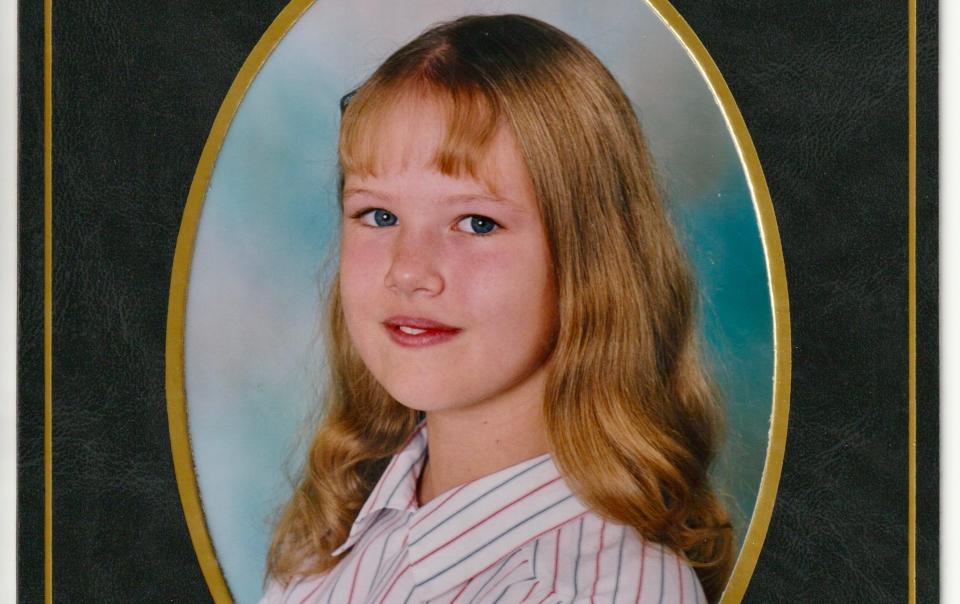Welcome to Ibstock Place: the school that shaped new Education Secretary, Nadhim Zahawi

It’s often said that Ibstock Place, the school that Nadhim Zahawi, the new Education Secretary – and I – attended, is one of London’s best kept secrets. Unlike Harrow or Latymer or St Paul’s, the name ‘Ibstock’ isn’t immediately familiar to most people, despite it being listed in the biographies of some of the most recognisable faces in the country, from Emily Blunt to Nigella Lawson.
One reason for this is that the school is highly protective of the pupils and parents of those who study there. Owing in part to its proximity to some most of the desirable postcodes in south-west London, Ibstock has long been the school of choice for the children of actors, musicians and comedians, as well as doctors, politicians and the odd hedge-fund banker.
When I was a pupil – joining in the decade after Zahawi left – it wasn’t unusual to see Mick Jagger, Pete Townshend and Brian May standing by the gates waiting to collect their kids at the end of the school day, untroubled by anyone pestering them for autographs.
To us as children, there was nothing particularly exciting about this; they were really just mums and dads, and that was that. I dare say it did us some good to grow up unfazed by celebrity rather than totally in thrall to it. Occasionally we’d hear stories. Was it true that Peter Sellers donated the ‘Sellers Piano’ because his kids refused to practise? Nigella Lawson, who studied at the school at a similar time to Zahawi, 56, came back to give out the prizes one speech day. People said she was going to be the next Keith Floyd, which I didn’t really understand, only noticing her huge smile as she handed me a book token.

The sole occasion I remember feeling uneasy was on sports day, when I noticed that the paparazzi had managed to infiltrate the sports grounds and climb the trees, so that they could snap the various celebrities in the parents’ race – with Daley Thompson in the line-up, no one else stood a chance.
Fees exceed £22,000 a year at Ibstock today. Zahawi had briefly attended another school on coming to Britain in 1976, aged nine, having fled persecution during the rise of Saddam Hussein. His parents “scraped enough money together” to send him there – and I’m sure the first thing he would have been struck by as he strolled up the path is how splendidly green the school is. While based in Roehampton, near Putney, Ibstock Place has a peculiarly Arcadian feel to it, sitting as it does on the edge of Richmond Park, with woodland and an orchard serving as the playground.
Ibstock was founded in the late 19th century, originally in Kensington, as a ‘Froebel Demonstration School’. It took its ethos from the German pedagogue Friedrich Froebel, who believed that the educational experience of young children, in particular, ought to be as rich as possible. Happy and well-rounded pupils, he thought, could only contribute to the creation of a healthy society.
The first to study at Ibstock were boarders aged five to 12; from the time Zahawi joined in the 1970s, Ibstock was a small co-educational day school, taking pupils up to the age of 16. A quiet boy at school, Zahawi was a passionate horse rider, and had ambitions of becoming a jockey or a showjumper. It’s perhaps no coincidence that the roads around Ibstock are often used for riding, with stables dotted around Richmond Park – and one now opposite the school itself; Zahawi owns a riding school with his wife, Lana. Outdoor exercises and team-building activities were compulsory – fulfilment of the Froebel legacy.

Once a year, we were drilled in archery – shooting at targets between the apple trees – and orienteering around the grounds and park beyond. Those who came in to assess us informed our teachers (often within earshot) which of us were natural leaders, and which were not. Then there was the obligatory annual field trip in the junior school, usually involving something dangerous, such as walking through quicksand. At 16 we were sent to Africa to build a school.
Ibstock has a particularly strong reputation for the arts. Drama, music and dance are all high on the agenda, and school plays are taken seriously. Many of the children who attend have ambitions of being on the screen or stage and several have succeeded, like Emily Blunt, who I remember singing at school functions.
Given that, nationally, uptake of many arts subjects has been waning at GCSE level, it would be nice to think that Zahawi will draw on his experience of Ibstock, and work to reverse the trend. Admittedly, however, his own interests were more scientific: on leaving Ibstock at 16, he attended King’s College School in Wimbledon, before going on to read chemical engineering at University College London. “Being the son of immigrants, Mum and Dad either wanted me to be a doctor or an engineer – you’ve got no choice,” he explained. Had he picked something else, “it’s like you’d break their hearts.”
As it turned out, Zahawi’s life after Ibstock wasn’t quite as he might have planned, with his father losing the family home when the now-Cabinet minister was 18.
Zahawi has expressed previously his rather Froebelian belief that you don’t tackle inequality and poverty unless you tackle education – values he will surely be passing down to his three children following a successful career co-forming YouGov, working for Jeffrey Archer and taking various ministerial roles, while building up a multi-million pound property portfolio. All those hours at Ibstock clearly paid off.
Daisy Dunn is the author of Homer: A Ladybird Expert Book

 Yahoo News
Yahoo News 
